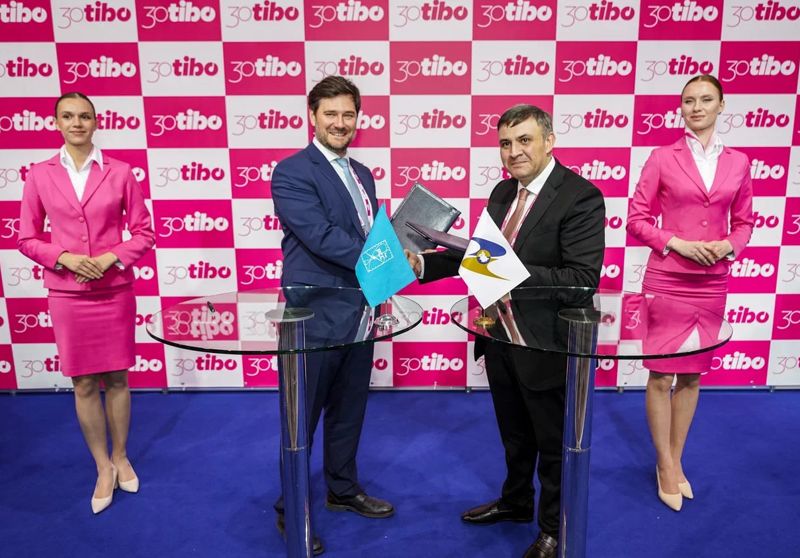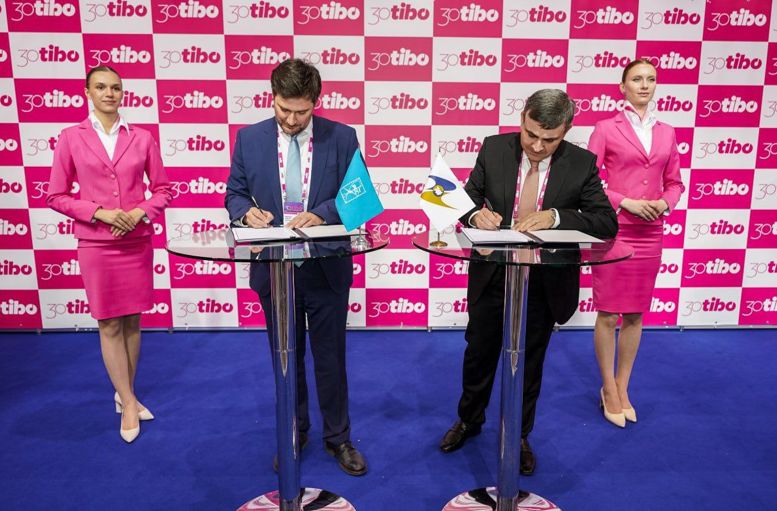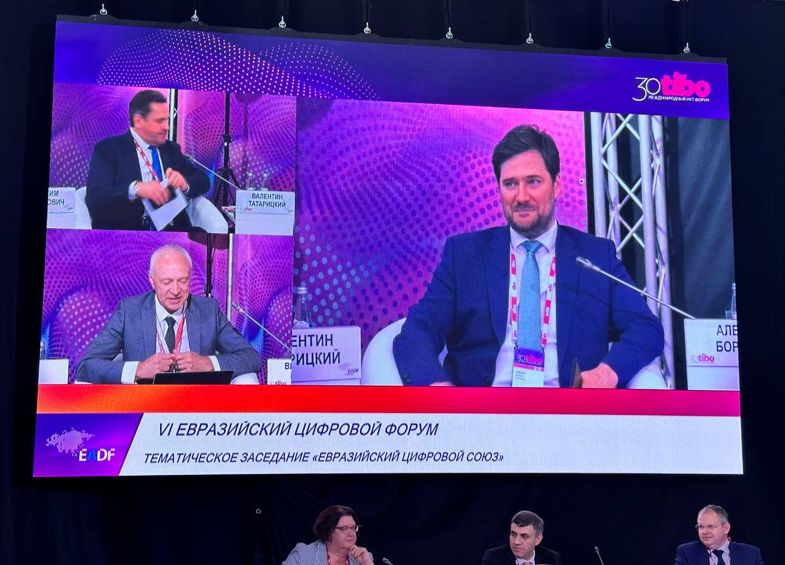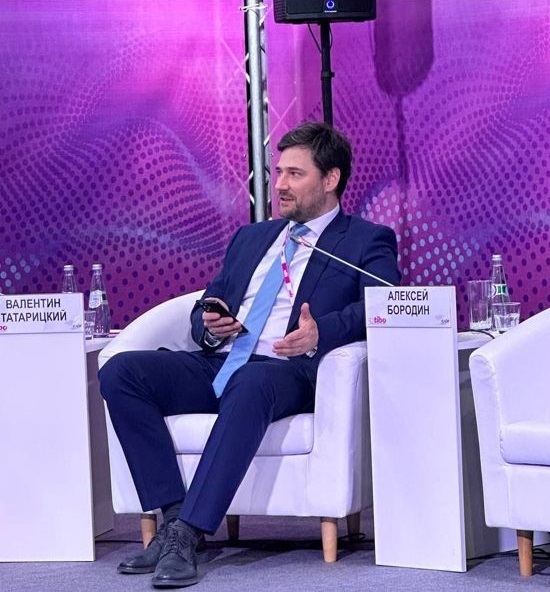
On 5 June 2024 in Minsk, Republic of Belarus, Alexey Borodin, Director General of the Regional Commonwealth in the Field of Communications, and Varos Simonyan, Minister in charge for Internal Markets, Information support, Information and Communication Technologies of the EEC, signed a Memorandum of Cooperation between the Eurasian Economic Commission and the Regional Commonwealth in the Field of Communications.

The Memorandum provides for the promotion of:
- building an information society by creating a secure digital infrastructure,
- formation and development of a transboundary trust space within the EAEU and CIS,
- usage of modern information and communication technologies and their innovative development.
The Parties plan to:
- exchange information and best practices in the field of information and communication technologies,
- conduct consultations, seminars, joint meetings, conferences, round tables and other events,
- prepare joint analytical materials and reports.
The document provides for the establishment of a Working Group on interaction and the development of a plan of joint activities.

The signing ceremony took place at the end of the thematic session ‘Eurasian Digital Union’ within the framework of the TIBO-2024 forum in Minsk.
The session participants discussed topical aspects of ensuring four freedoms for citizens of the Eurasian Economic Union states, development of competition in the conditions of digitalisation, as well as the status and tasks of digital transformation of technical regulation.

RCC Director General, Alexei Borodin made proposals on the interaction of the Regional Commonwealth in the Field of Communications with the Eurasian Economic Commission in the following areas:
- reduction of roaming costs in the countries and its subsequent cancellation;
- mutual recognition of electronic digital signature;
- common rules for regulating marketplaces;
- general rules for regulating access to and provision of communication services by low-orbit satellite communication systems in non-geostationary orbits;
- production and distribution of computer games;
- development and implementation of safe artificial intelligence and meta-universe technologies;
- ICT standardisation and technical regulation.
The main problems faced by regulators and legislators in the EAEU states were also discussed: market dominance, transparency and data protection, liability and content control, taxation of marketplaces, consumer protection, and compliance with competition rules in new markets.















